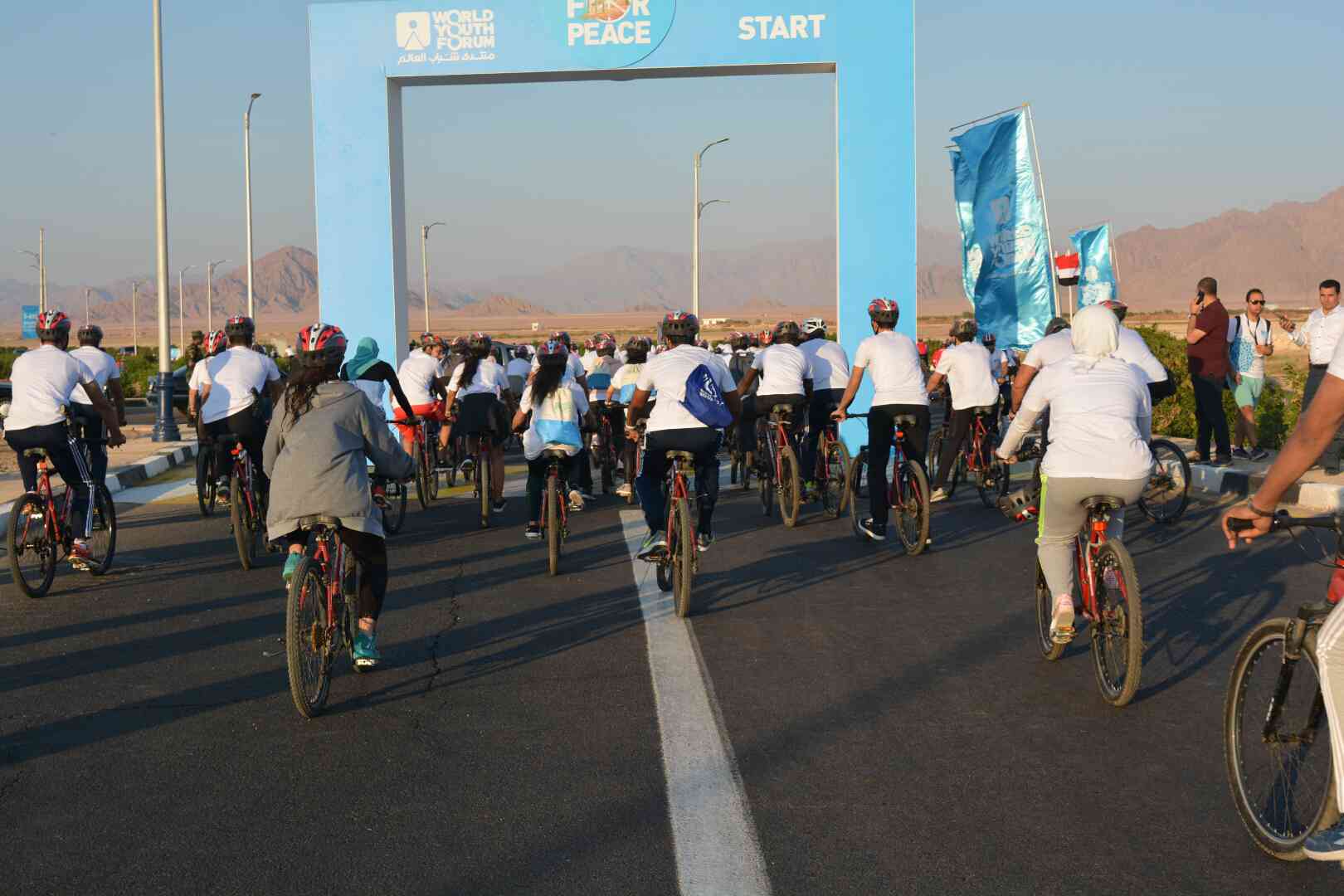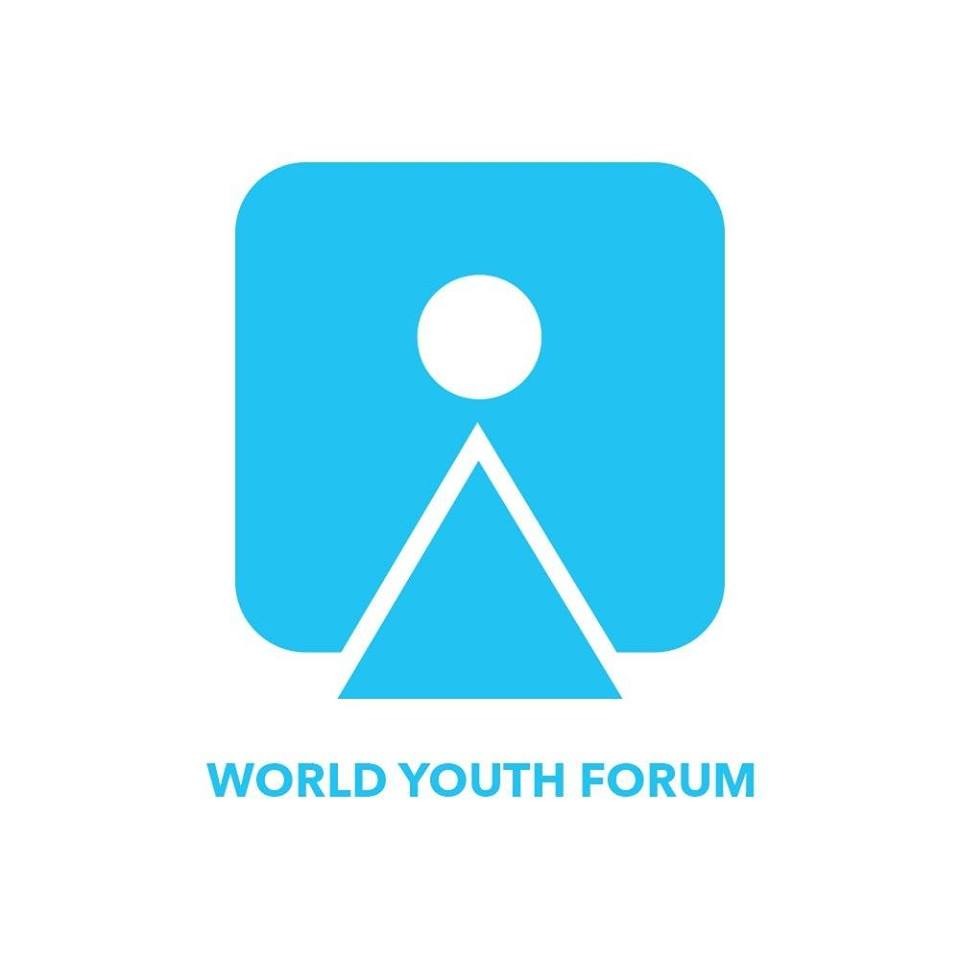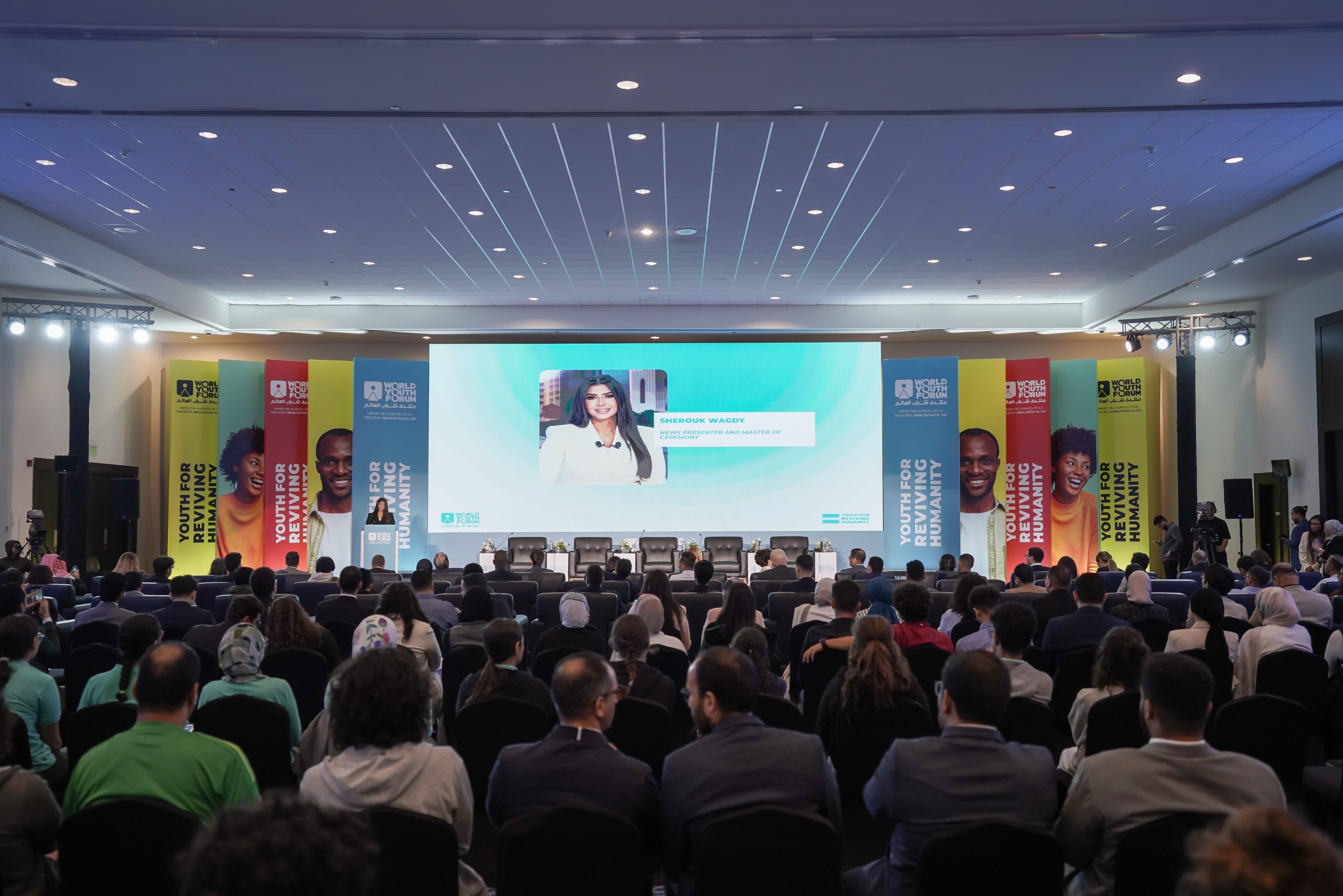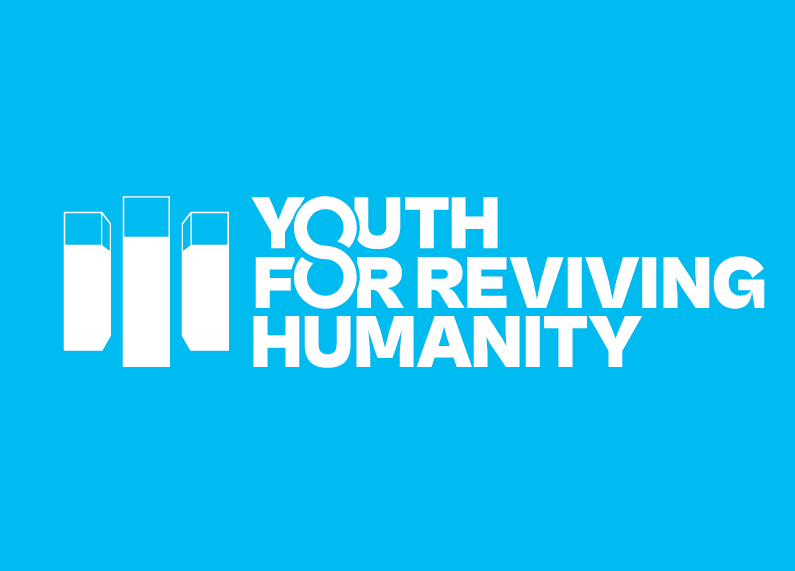Share

Hundreds of thousands of people are living with disabilities worldwide. According to the World Health Organization, 13-15% of the global population lives with a type of disability—visual, hearing, mobility impairment, and mental are the categories recognized. The bad news is that there is not enough data globally or nationally on the types and degrees of disabilities but the good news is that this is highly motivating for all of us to keep digging and searching for answers and solutions.
Understanding the needs and wants of people with disabilities and empowering them has been one of our main objectives at the World Youth Forum. We aimed to change many misconceptions that are usually associated with this topic. In order to leave no one behind, in order to change the world and tailor solutions that fit everybody; we didn’t want to just talk about it—we wanted to feel it. For two days, everyone experienced for themselves what it meant to have a different ability.
The attendees experienced what it’s like to be in a wheelchair and to perform activities in it. They were blindfolded, so they can see the world through a blind person’s eyes. This way, the solutions that followed were doable because they weren’t coming from a theoretical place only, but from a practical one as well. People with disabilities shared their stories and it was informative and eye-opening. We all learned a lot about what someone living with a disability needs from their point of view and not from assumptions. By the end of the two days, pragmatic and workable solutions were found and a new light has been shed on this issue, one which everyone was grateful for.
Here are four ways everybody agreed were empowering to anyone living with a disability:
Respect
Treat people how you want to be treated. It’s not really a hard concept to grasp, yet unfortunately, that seems to be easier said than done. Respecting people with disabilities is the first and most crucial step towards empowering them and allowing them to have the life they deserve. It can be nerve-wracking for some people and downright awkward to deal or interact with someone with a disability. Some people mean to offend, others don’t, but that does not change the rules. “I don’t know what to say” or “I do not know how to act” is not an excuse. Educate yourself on what is acceptable and what is not. Here are some ground rules:
● Don’t Stare
This one should be obvious but many ogle people with disabilities and it makes them very uncomfortable. Staring is bad in general, but it’s downright disrespectful in this scenario, because the person knows why you are staring.
● Avoid Derogatory Language
It’s 2018 and there’s no excuse for not knowing what is offensive and what is not. When talking directly to or about a person with a disability (not a disabled person!), there are words that are insulting and should never, ever, under no circumstances be used.
Here are some of the words you should completely avoid:
Retarded
Crippled
Crazy
Insane
Mute
Midget
Deformed
● Don’t Offer Help Unless You Are Asked
A person with a disability may not see this as a nice thing; instead, they may see it as you feeling sorry for them because of their disability. No one likes being pitied all the time, not everyone likes help from strangers and someone with a disability is no different. Being nice and helpful is a good thing, but assess the situation before acting and use your judgment to evaluate if your help is really needed. Try to remember that the person probably knows how to handle themselves or they wouldn’t be out in public.
● Watch The Way You Talk/Stand
Do not scooch if someone is in a wheelchair, because it may make them feel like a child—either stand up or sit down. Do not avoid eye contact ever or talk to their caregiver while they are present. Do not use weird voices—too high or too low (unless the person has a problem with hearing).
● Never Underestimate Someone With A Disability
Do not assume that every person who has a disability hates life and can’t do anything because of it. It’s simply disrespectful and untrue. Disabilities are tough, but so are most people who have them. Many people with disabilities can take care of themselves without any assistance at all and even if they require assistance in one area in life, don’t we all? Many people with life-altering disabilities have great jobs. They are great parents. Do not let your pre-conceived notions about someone determine what they can and can’t do.
● Increase Public Awareness On Disability
We are all different but those differences should be celebrated not feared. There is no problem that education and awareness cannot solve. Increasing the public awareness and understanding on disability is a vital step towards banishing disability discrimination. Through classes, training, courses, and through people who have disabilities themselves sharing their stories, we can all raise our awareness and understanding of this topic.
● Improve Staff Education, Training And Recruitment
There is a range of courses and training available in this area, from training staff members to training the person with a disability on how to better cope with a new working environment. It’s a wide misconception that a person with a disability won’t be able to perform as well as someone without and that’s why everyone in the organization needs to be trained from the recruitment phase to the performance phase.
Areas of training Include:
– Disability Awareness Training
It can help staff members better understand how to be supportive when dealing with someone who has a disability.
– Training For Employees With A Disability
The aim of this kind of training is to help employees with disabilities identify career paths that best suit their abilities, identify their strengths, and build a career development plan. Social skills are focused on in this kind of training as well.
● Promote Access To Mainstream Services
President Abdel Fattah El-Sisi issued law no.10 for year 2018 on the rights of persons with disabilities on February 20, right after it was approved by the parliament.
Among the rights it is stated that persons with disabilities shall exercise the right to education, learning, work and recreation, and in the use of public facilities and services.
Major efforts and decisions have been taken to assure people with disabilities proper living conditions, recognizing that, our youth focused on coming up with more solutions that can help people with disabilities find mainstream services more accessible.
Here are a few suggestions on how mainstream services can be more inclusive:
– Educating staff members, especially those who work in public places and deal with kids on a daily basis on effective communication strategies that enable inclusion for kids with disabilities.
– Using quiet rooms in public spaces such as shopping malls to provide a calming and soothing sensory environment when individuals experience sensory overload (overstimulation from their surroundings).
STAY IN THE LOOP





